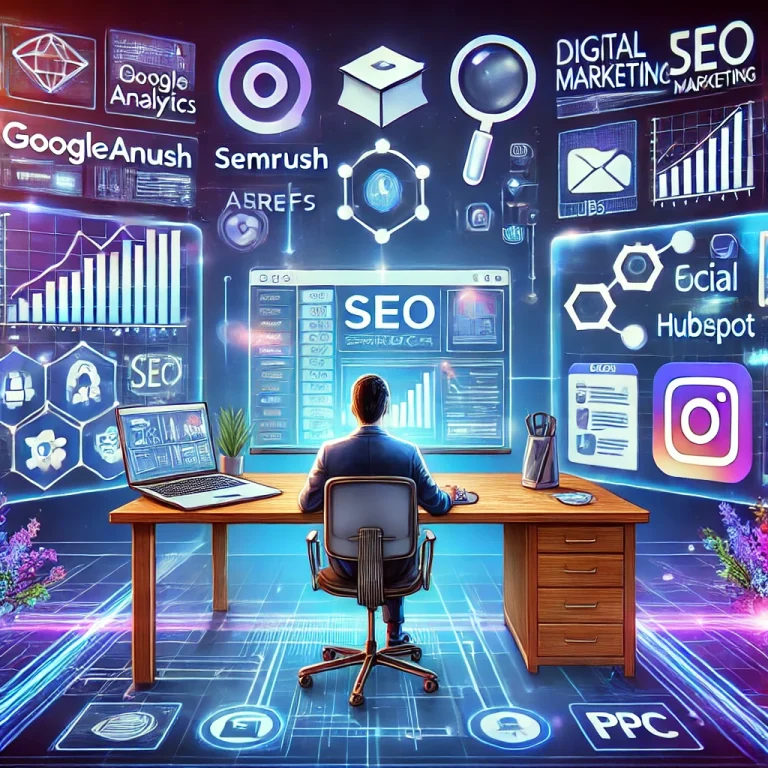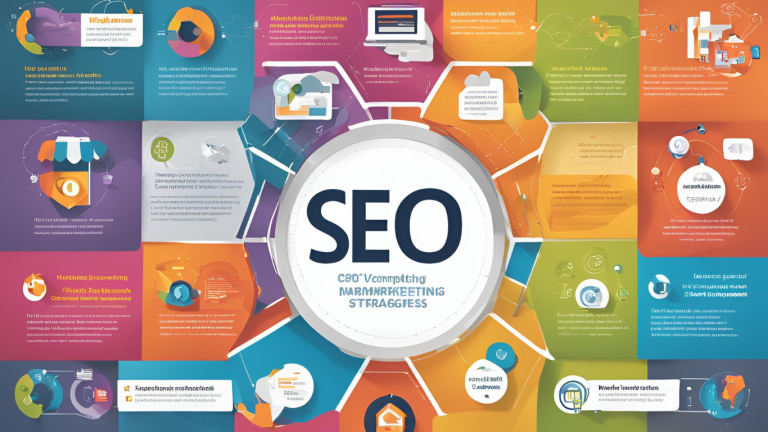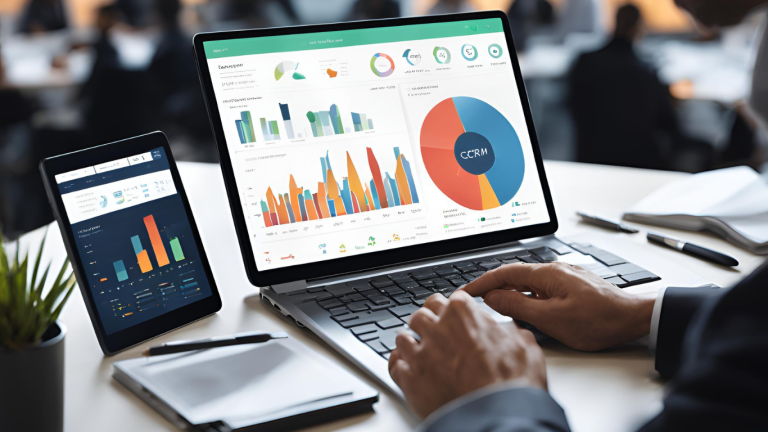Traditional Marketing vs. Digital Marketing: Marketing has always been a crucial aspect of business growth, helping companies reach and engage with their target audiences. However, in today’s digital era, businesses must decide whether to invest in traditional marketing methods, digital marketing, or a combination of both. In this blog post, we’ll explore the key differences, advantages, and limitations of traditional and digital marketing to help you determine the best strategy for your business.
What is Traditional Marketing?

Traditional marketing refers to conventional advertising methods that have been used for decades. These include:
- Print advertisements (newspapers, magazines, brochures)
- Television and radio commercials
- Billboards and outdoor advertising
- Direct mail (postcards, catalogs, flyers)
- Telemarketing
Advantages of Traditional Marketing
- Broad Audience Reach – Traditional marketing methods, such as television and radio ads, can reach a vast audience, making them effective for brand awareness.
- Tangible and Credible – Print materials, such as brochures and magazines, provide a physical representation of your brand, adding credibility.
- Local Market Impact – Billboards, flyers, and direct mail campaigns work well for targeting specific local markets.
Limitations of Traditional Marketing
- High Costs – Traditional marketing can be expensive, especially TV and radio ads, making it less accessible for small businesses.
- Difficult to Measure – Tracking the effectiveness of traditional campaigns can be challenging, often relying on estimates rather than concrete data.
- Limited Interaction – Unlike digital marketing, traditional methods lack real-time engagement with the audience.
What is Digital Marketing?

Digital marketing leverages the internet and electronic devices to promote products and services. It includes:
- Social media marketing (Facebook, Instagram, LinkedIn, Twitter)
- Search engine optimization (SEO)
- Pay-per-click (PPC) advertising (Google Ads, Facebook Ads)
- Email marketing
- Content marketing (blogs, videos, infographics)
- Influencer marketing
Advantages of Digital Marketing
- Cost-Effective – Digital marketing offers affordable options, making it accessible to businesses of all sizes.
- Measurable Results – With tools like Google Analytics and social media insights, businesses can track performance and ROI in real-time.
- Targeted Advertising – Digital marketing allows businesses to target specific demographics, locations, and even user behaviors, increasing the likelihood of conversions.
- Higher Engagement – Social media and email marketing provide direct interaction with customers, fostering stronger relationships.
Limitations of Digital Marketing
- Requires Technical Knowledge – Digital marketing involves SEO, data analytics, and ad management, which may require specialized skills.
- High Competition – The online space is crowded, making it challenging to stand out without a well-executed strategy.
- Dependence on Technology – Internet connectivity and algorithm changes can impact marketing success.
Which One is Right for Your Business?
The decision between traditional and digital marketing depends on several factors:
- Business Size & Budget – Small businesses may benefit more from digital marketing due to its cost-effectiveness.
- Target Audience – If your audience consists mainly of older demographics, traditional marketing might still be effective.
- Marketing Goals – For brand awareness, traditional marketing may be effective, while digital marketing excels in engagement and conversion tracking.
The Best of Both Worlds
Many successful businesses integrate both strategies to maximize their reach. For example, a company can use TV ads to build brand awareness and social media marketing to engage with customers in real-time.
Final Thoughts
Both traditional and digital marketing have their strengths and weaknesses. The best approach depends on your business goals, target audience, and budget. By understanding the differences, you can create a marketing strategy that delivers optimal results.
Are you using traditional marketing, digital marketing, or a combination of both?









